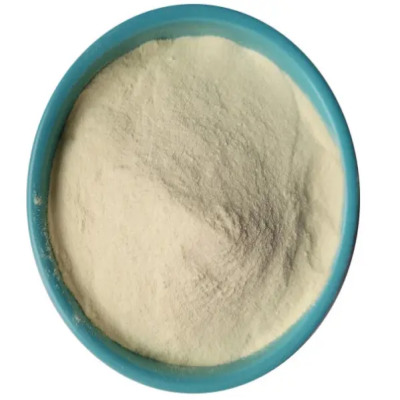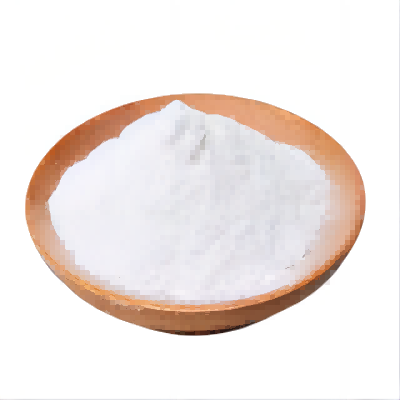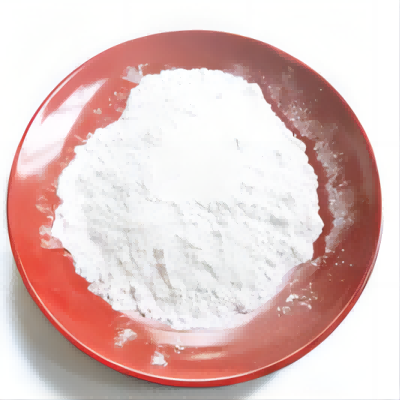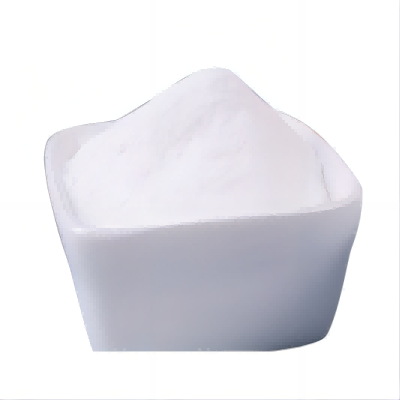Octreotide CAS:79517-01-4
Octreotide is primarily used to treat neuroendocrine tumors and other diseases caused by excessive hormone production. Its main applications include but are not limited to the following aspects: Neuroendocrine tumor treatment: Octreotide is widely used to control hormone secretion in insulinomas, pituitary tumors, and gastrointestinal neuroendocrine tumors. By mimicking the action of somatostatin, it inhibits the release of various hormones, helping to slow the growth of tumors and reduce related symptoms. Symptom management: For patients with neuroendocrine tumors that cannot be removed surgically or have metastasized, Octreotide significantly reduces symptoms such as diarrhea, flushing, and increased stomach acid, thereby improving patients' quality of life. Management of insulin-dependent diseases: In patients with insulinoma, Octreotide inhibits insulin overproduction, helps control blood sugar levels, reduces the risk of hypoglycemia episodes, and improves patients' quality of life. Clinical Studies and applications: Octreotide research is also exploring its potential role in the treatment of other types of cancer and hormone-dependent diseases, such as diabetes-related hormone disorders, obesity, and other endocrine abnormalities. Overall, Octreotide, as an important somatostatin analogue, offers an effective treatment option for patients with neuroendocrine tumors. It significantly improves the quality of life of patients by regulating hormone levels and reducing symptoms, and has shown wide application prospects in clinical practice.
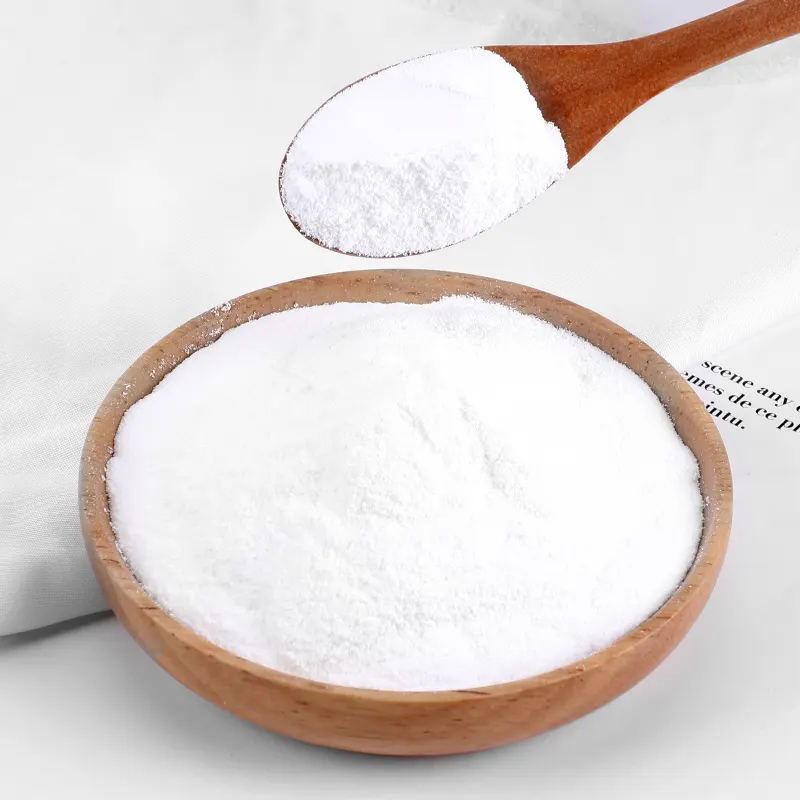
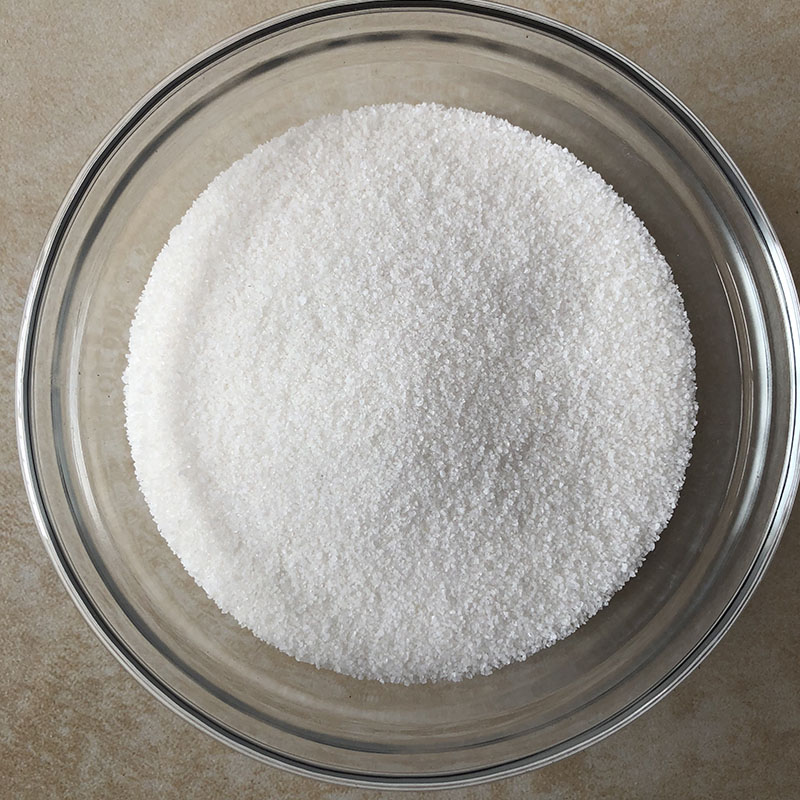

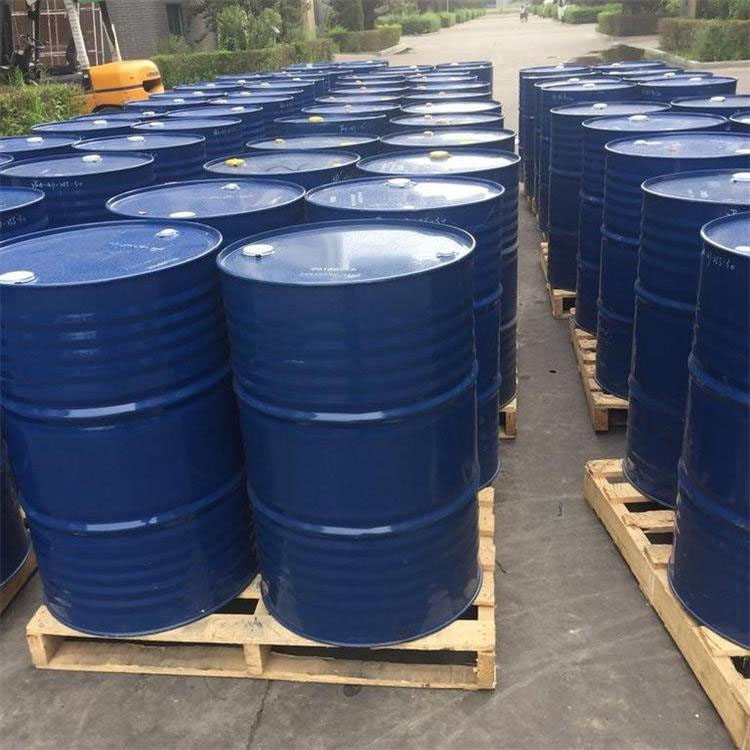


| Composition | C51H70N10O12S2 |
| Assay | 99% |
| Appearance | white powder |
| CAS No. | 79517-01-4 |
| Packing | Small and bulk |
| Shelf Life | 2 years |
| Storage | Store in cool and dry area |
| Certification | ISO. |




